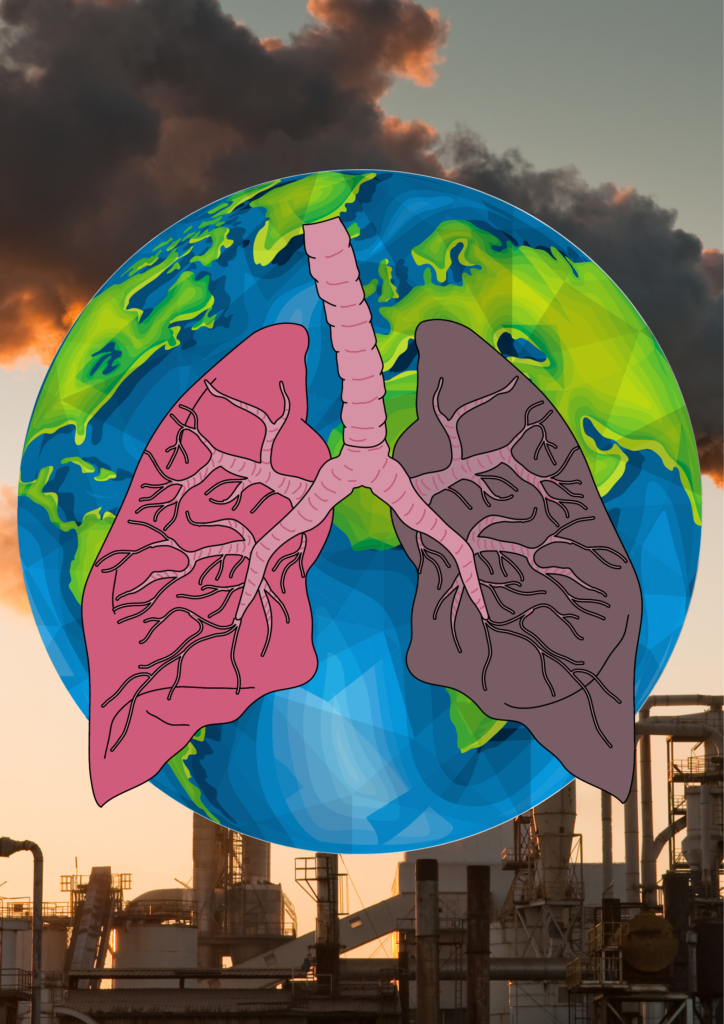A Warming World: The Human Footprint on Climate

The Accelerating Greenhouse Effect
Earth’s climate has historically fluctuated, but the current rate of change is unprecedented and predominantly human-induced. At the heart of this crisis lies the intensification of the greenhouse effect. The excessive combustion of fossil fuels—coal, oil, and natural gas—releases greenhouse gases, primarily carbon dioxide and methane, into the atmosphere. These gases act as a thermal blanket, trapping heat from the sun and causing global temperatures to soar. Deforestation, another human-driven factor, exacerbates the issue by reducing the planet’s capacity to absorb carbon dioxide. The combined effect of these activities is a rapid and destabilizing warming of the planet.
Cascading Impacts of Climate Change
The repercussions of global warming are far-reaching and increasingly severe. Rising sea levels, caused by the melting of glaciers and ice caps, pose an existential threat to coastal cities and low-lying island nations. Extreme weather events, such as hurricanes, droughts, and floods, have become more frequent and intense, resulting in widespread devastation, economic loss, and human suffering. Furthermore, altered precipitation patterns disrupt agricultural systems, leading to food shortages, economic instability, and social unrest. The delicate balance of ecosystems is also under threat, as species struggle to adapt to rapidly changing conditions, leading to biodiversity loss.
A Imperative for Global Action
Addressing the climate crisis necessitates a comprehensive and collaborative global response. A fundamental shift towards renewable energy sources, such as solar, wind, and hydropower, is essential to curtail greenhouse gas emissions. Investing in research and development of clean technologies is crucial for building a sustainable future. Additionally, preserving and restoring forests, which serve as vital carbon sinks, is indispensable. International cooperation is paramount to address the transboundary nature of climate change. Developed nations must support developing countries in their transition to low-carbon economies and in building resilience to climate impacts.
At the individual level, adopting sustainable practices can contribute to mitigating climate change. Reducing energy consumption, minimizing waste, and choosing environmentally friendly products can collectively make a significant difference. Moreover, raising awareness and engaging in civic participation to support climate-friendly policies are essential steps.
The scientific consensus is unequivocal: human activities are the primary driver of climate change. The consequences of inaction are dire. To safeguard the planet for future generations, immediate and decisive action is imperative. By transitioning to a low-carbon economy, investing in sustainable solutions, and fostering global cooperation, humanity can mitigate the worst impacts of climate change and create a more resilient and equitable world.




















